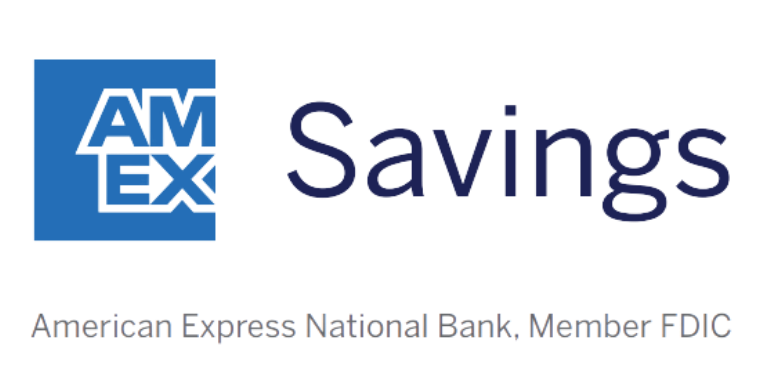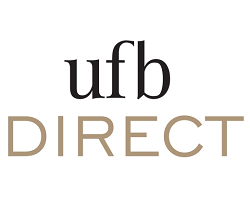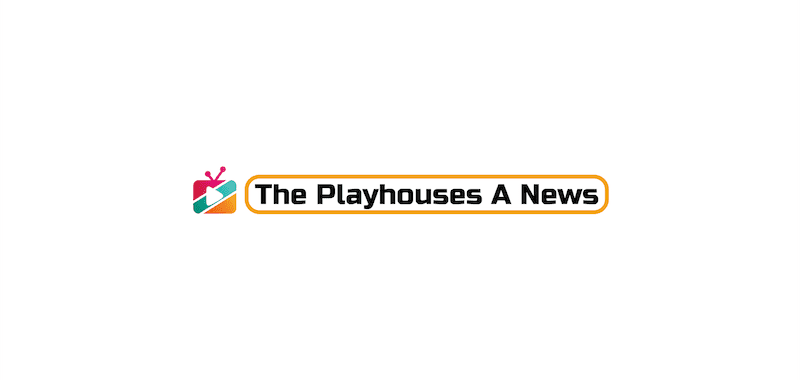Looking for a new bank account? I don’t blame you — banks are better than ever these days. A lot of them offer accounts that don’t have monthly maintenance fees and can be opened online in a matter of minutes — no shoes (or pants) required. That said, it’s a good idea to do your research before you open an account with just any old bank and fund it with your hard-earned cash.
So before you jump on that sweet high-yield savings account paying 5% APY, make sure the new bank is a safe home for your money. Here’s how.
1. Check its credentials
If you’re considering opening accounts with a new bank, the essential first step is to check whether it’s a member of the FDIC. The Federal Deposit Insurance Corporation is a government agency that ensures the safety of banks in a few ways. It’s been around since 1934 and was created in response to bank failures after the stock market crash that signaled the start of the Great Depression.
The FDIC is perhaps most famous for its insurance program for consumer deposits. Under FDIC protection, up to $250,000 per depositor, per insured bank, per account ownership category will be returned to you in the event of bank failure.
Our Picks for the Best High-Yield Savings Accounts of 2024
|
American Express® High Yield Savings 
APY 4.25%
|
APY 4.25%
|
Min. to earn $1 |
|
UFB Portfolio Savings Account 
APY 5.15%
|
APY 5.15%
|
Min. to earn $0 |
|
Western Alliance Bank High-Yield Savings Premier 
APY 5.31%
Min. to earn $500 to open, $0.01 for max APY
|
APY 5.31%
|
Min. to earn $500 to open, $0.01 for max APY |
The FDIC also supervises banks to ensure they comply with consumer protection laws and focus on meeting the credit needs of their communities. In short, it’s best to avoid banks that aren’t under the FDIC’s purview. You can check whether yours is by plugging its name into the FDIC BankFind Suite.
Oh, and if you’re considering a credit union, the NCUA serves the same function and offers that same level of insurance on your money.
2. Read reviews
It also pays to spend some time googling for reviews of your prospective new bank. I recommend looking for reviews from personal finance authorities to get the skinny on account offerings and rates. Good news: Here at The Motley Fool Ascent, we review banks all the time.
It’s also a good idea to look for reviews from regular folks — Reddit, the Better Business Bureau, and TrustPilot are all good options here. People do like to complain on the internet, but if you see a lot of the same problems repeated in multiple reviews, that’s a signal of a known issue with a particular bank. If the issue is security-related, that’s an even clearer sign to avoid that bank.
3. Explore security features
If it sounds like the bank you’re considering has a good track record with consumers, and it’s under FDIC protection (or NCUA protection, in the case of a credit union), it’s time to dig into its specific security features.
It’s a good sign if a bank offers multi-factor authentication for logging into your account. For example, you might need to type in a code that’s been emailed or texted to you along with your username and password. Other features worth targeting include debit card blocking (which will allow you to deactivate your debit card if it goes missing) and single-use debit card numbers. These let you use your debit card to shop online with a one-time-use number, so your real one can’t be exposed if there’s a data leak.
If you’re unsure about a specific bank’s safety features, consider reaching out to customer service with questions. Most of us aren’t rich, and if something happened to the money in our savings accounts, it would mean a major hardship. So take the time to ensure a given bank is both safe and convenient for managing and accessing your money.
These savings accounts are FDIC insured and could earn you 14x your bank
Many people are missing out on guaranteed returns as their money languishes in a big bank savings account earning next to no interest. Our picks of the best online savings accounts could earn you 14x the national average savings account rate. Click here to uncover the best-in-class accounts that landed a spot on our short list of the best savings accounts for 2024.

